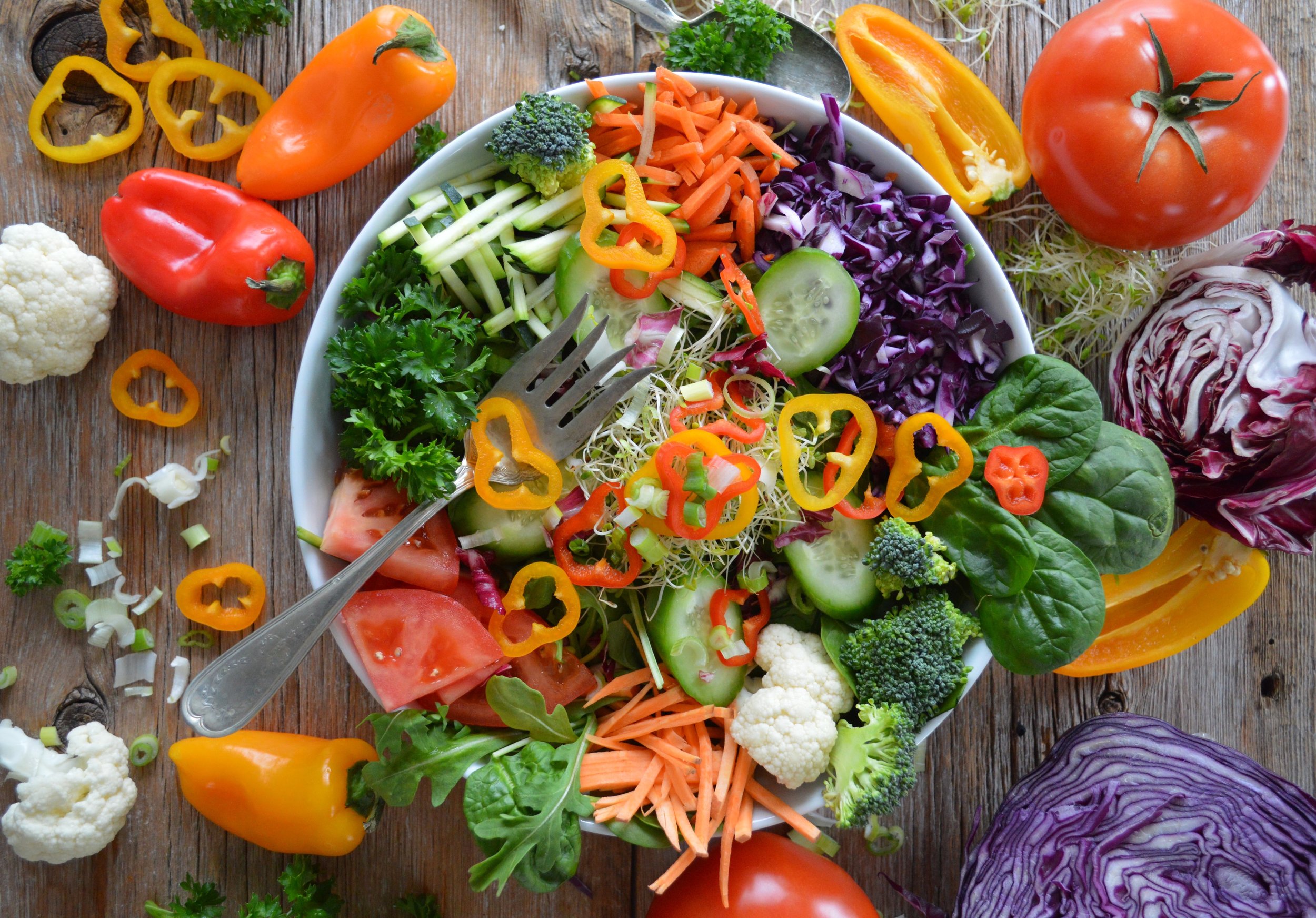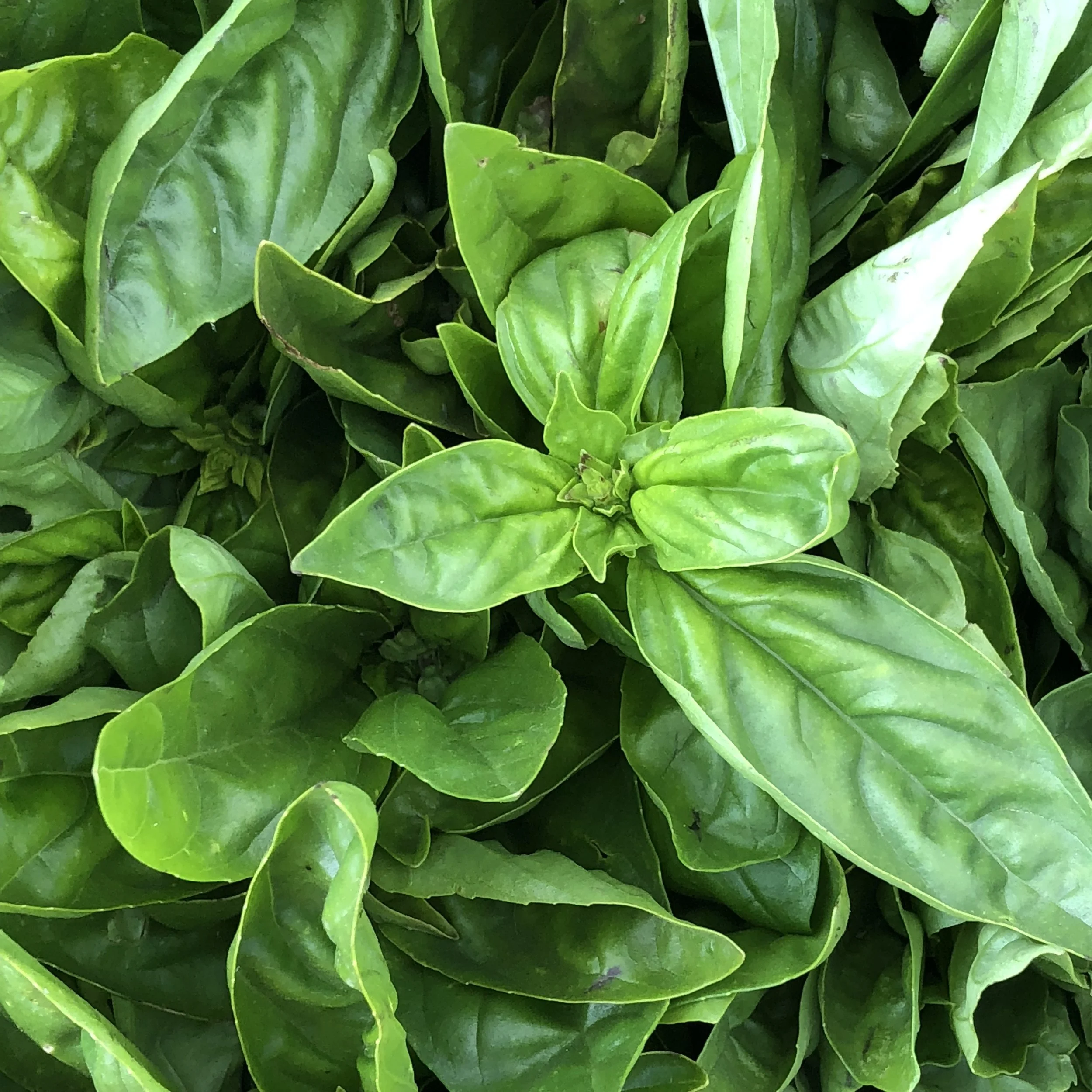Basil the Miracle Herb
/Earlier in August, I traveled to Israel for a friend’s wedding. After the wedding, I got to spend a lot of time exploring the culinary and agricultural landscape in Jerusalem and in the North. I was astounded by the amount of fresh herbs and spices all over the country. I even spent two hours in Machaneh Yehudah, the famous “shuk”, talking to vendors, experiencing the scintillating aromas and taking tons of photos.
Basil is one of the most commonly used herbs in the entire world. It is also my favorite herb and I’ve enjoyed it in salads, as a main ingredient in pesto and in homemade marinara sauces. Nutritionally, basil is very high in manganese and vitamin K and also contains ample amounts of copper, vitamin A and vitamin C.
I’ve discovered, though, that its culinary uses are just the tip of the iceberg.
The flavonoids present in basil protect cells from radiation and oxygen-based damage. It is also used as both an anti-bacterial and anti-inflammatory agent, due to its volatile oils. The volatile oils acts as a food preservative, while the eugenol component of its volatile oils provides anti-inflammatory effects, which are mimicked by aspirin and ibuprofen.
But here’s the kicker:
Since ancient times, it’s been used as a natural remedy for congested sinuses, a particularly pervasive problem this time of year in Los Angeles. It’s also a natural expectorant, which means that it also increases airway secretions that relieve coughing. And it may help with memory and concentration. Who knew that basil packed such a powerful punch?
How have you used basil in your own home?



